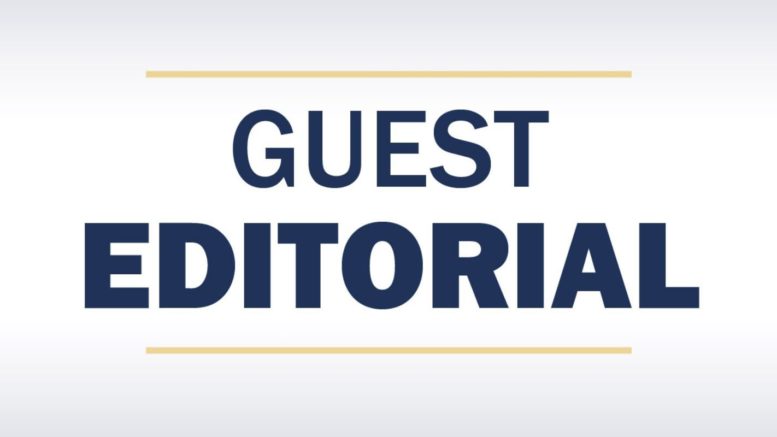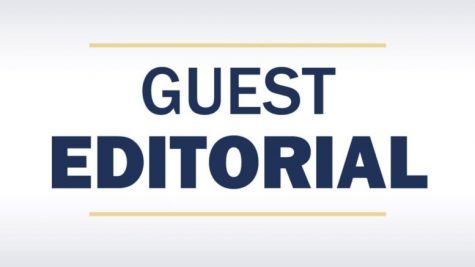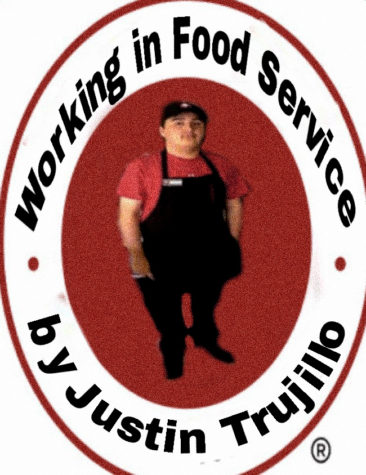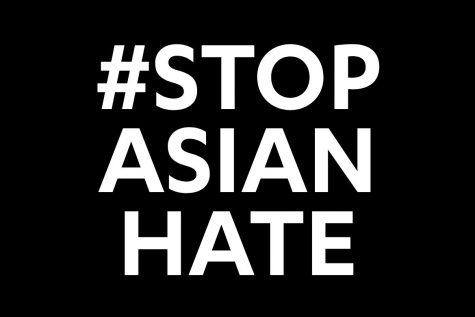A Senior’s Speech
Being comfortable with yourself—being true to your heart–nothing is more empowering than that.
This is another in a series of Guest Editorials written by Pinole Valley High School students.
March 31, 2021
Do you feel like being different is disabling? You shouldn’t—your uniqueness, identity, character, it all stems from being different from the people around you. If you conform to societal fads and norms you’re devaluing yourself and becoming a follower. Being comfortable with yourself—being true to your heart—nothing is more empowering than that. There is nothing more powerful than recognizing and loving yourself for being different than society.
At some point when growing up, I’m sure that you’ve experienced a part of you being smothered out by others for being different. I’m first-generation Asian American, which means that I have a big cultural difference between my home life and out-of-home life. In elementary school, I stopped bringing my own lunches. Not because my mother wasn’t able to provide lunch for me but due to being harassed and bullied for eating food that was different from the white-washed palates of my third and fourth-generation Asian-American peers. I was not ashamed of my culture, I just was not old enough to understand it was being attacked. I was angry because I interpreted the ridicule as people harassing my mother’s cooking. At the time, I could do nothing more than conform by buying school lunch so that I could properly grasp the situation and avoid the crosshairs of bullying—I reduced myself to a follower. I hid my culture to the point where even though I was enrolled in a Chinese-immersion program where we learned Cantonese, I had to pretend I wasn’t already fluent in the language.
Around the time I joined EAOP in high school, I started to recognize the significance of my cultural identity. I had started to bring my own lunches to school due to moving to Pinole and not being familiar with the school menu. This is when instead of harassment for the look and smell of my food, I would be asked what it was composed of and if people could have a taste someday. At this point, I was introverted and had conflicting character traits because I knew I could lead but would follow instead. Bullying at a young age had set back the development of my identity. But then, I started to look at my difference and being bullied as a way to build my character. The people that harassed me built me up to be able to take more verbal abuse, but they also taught me that I shouldn’t care that I’m different. Additionally, this was around the time I started to really get a feel for characters in black sheep books like Ponyboy from The Outsiders or Holden from The Catcher in the Rye.
One day, I sat down with my advisor Ana Laura and we talked about identity. At that time I was asked to answer the questions “Who am I?” and “What makes me me?” So I answered her that I am an outsider—I am Asian-American, multilingual, middle class, someone who moved on from being bullied. I am strong, and I don’t seek validation from society. David Brooks said of his protagonist Henry, in his essay ‘Honor Code’, that “if college wanted him to be focused and tightly ambitious, he’d exile himself into a lewd and unsupervised laddie subculture.” That is a statement with which I resonate greatly and apply towards my view of society—if society wants me to be a certain way because they think it’s better, I will be the complete opposite. You should do the same if you don’t want to be a conformer—be yourself, stand out.
This is definitely something that takes a while to recognize. I was lucky enough to do this at the age of fifteen. But when I did, I learned so much more about myself. By first accepting I was not the type of person to go along with whatever society wanted me to, I was able to identify my values and morals.






